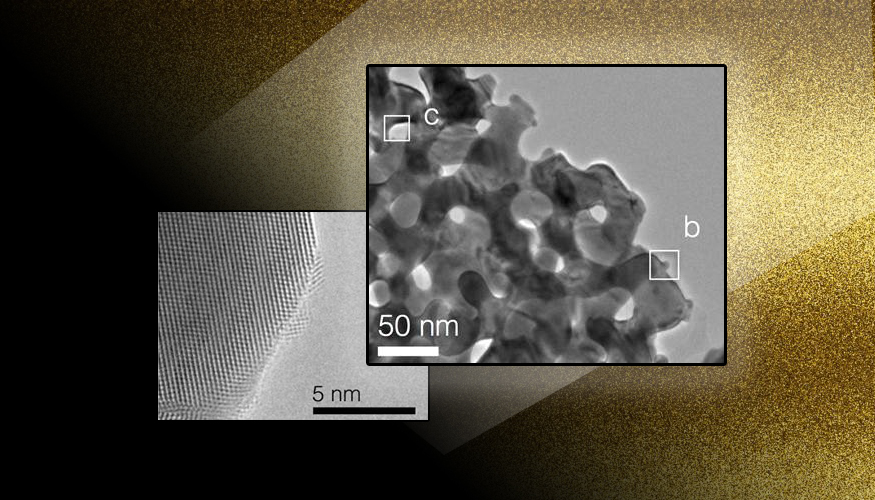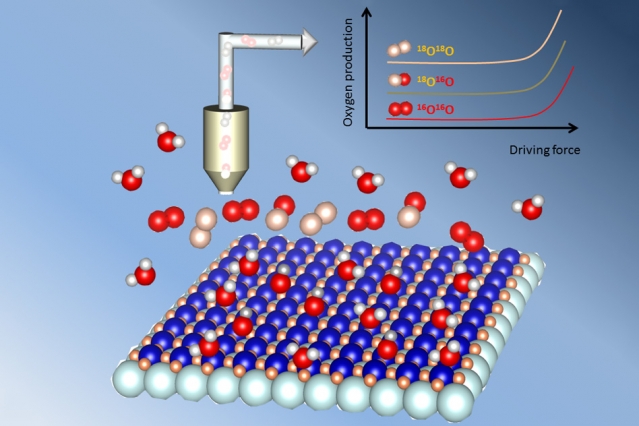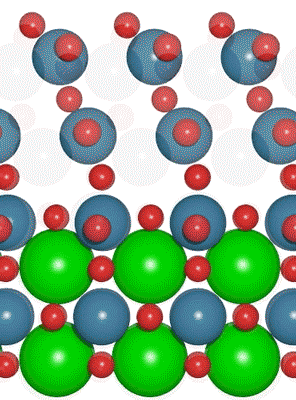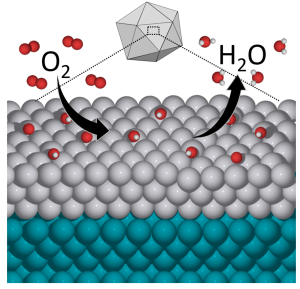 A team of researchers from the University of Toronto is looking to give wasted materials new value by developing a new catalyst that could help recycle carbon dioxide into plastic.
A team of researchers from the University of Toronto is looking to give wasted materials new value by developing a new catalyst that could help recycle carbon dioxide into plastic.
According to a new study, the researchers have successfully used a new technique to efficiently convert carbon dioxide to ethylene, which can then be processed to make polyethylene, the most common plastic used in making packaging, bottles, and toys.
By using a copper catalyst, the team was able to achieve the desired result of ethylene production. However, controlling the catalyst was one of the technological challenges the team had to overcome.



 Scientists have created a single catalyst that could simplify the process of splitting water into hydrogen and oxygen to produce clean energy.
Scientists have created a single catalyst that could simplify the process of splitting water into hydrogen and oxygen to produce clean energy. A new study out of Lawrence Livermore National Laboratory shows that catalysts derived from nano-structured materials are as good as gold.
A new study out of Lawrence Livermore National Laboratory shows that catalysts derived from nano-structured materials are as good as gold.
 An interdisciplinary team made up of researchers from Stanford University and the U.S. Department of Energy’s SLAC National Accelerator Laboratory recently developed a new catalyst that carries out a solar-powered reaction 100 times faster than ever before.
An interdisciplinary team made up of researchers from Stanford University and the U.S. Department of Energy’s SLAC National Accelerator Laboratory recently developed a new catalyst that carries out a solar-powered reaction 100 times faster than ever before.